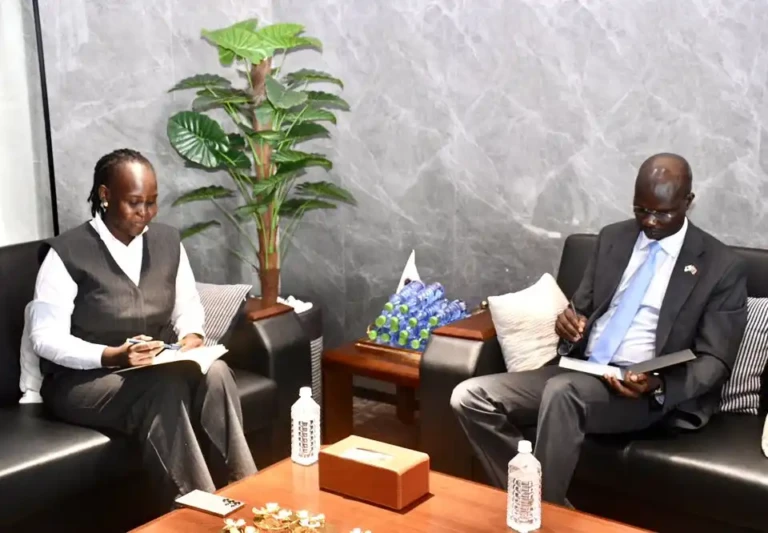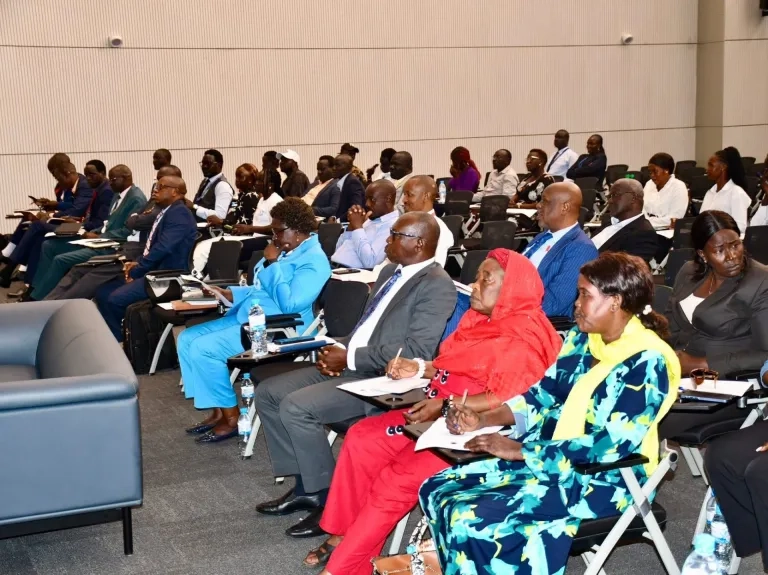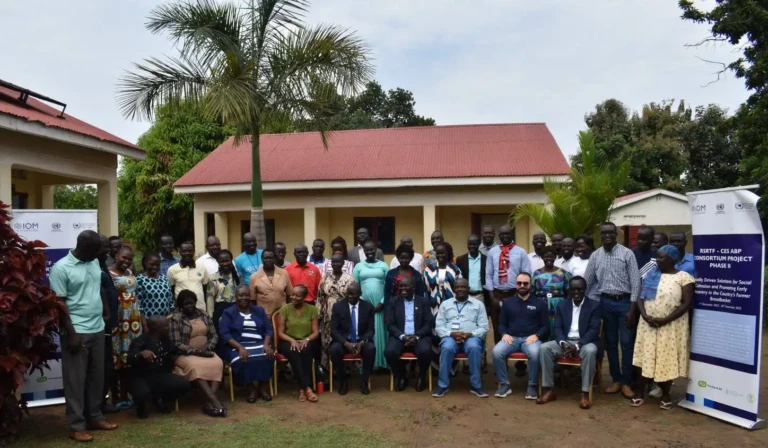
The Bank of South Sudan (BoSS) has released the official exchange rates for Tuesday, 8 July 2025, showing a slight depreciation of the South Sudanese Pound (SSP) against major international currencies, including the US Dollar, Euro and British Pound.
According to the update published on the Bank’s official website, the selling rate for the US Dollar rose to 4,600.49 SSP from 4,595.36 SSP the previous day.
The buying rate also climbed slightly to 4,464.51 SSP from 4,457.53 SSP. This means South Sudanese traders and importers will have to pay slightly more in local currency for each dollar today than they did yesterday.
The Euro also appreciated against the SSP, with a selling rate of 5,401.89 SSP on 8 July compared to 5,411.49 SSP the previous day, while the British Pound continued to rise, selling at 6,258.04 SSP compared to 6,278.63 SSP.
These small changes reflect ongoing fluctuations in global foreign exchange markets and underline the fragile nature of South Sudan’s economy, which relies heavily on imports and is vulnerable to international currency movements.
Comparison of exchange rates over the two days for the main currencies used in the South Sudanese market:
| Currency | 8 July 2025 Selling (SSP) | 7 July 2025 Selling (SSP) | Change |
|---|---|---|---|
| USD | 4,600.49 | 4,595.36 | +5.13 |
| EURO | 5,401.89 | 5,411.49 | -9.60 |
| GBP | 6,258.04 | 6,278.63 | -20.59 |
| KSH | 35.66 | 35.62 | +0.04 |
| UGX | 1.28 | 1.28 | +0.00 |
| SDG | 7.68 | 7.67 | +0.01 |
| ETB | 33.97 | 34.00 | -0.03 |
| RWF | 3.23 | 3.22 | +0.01 |
| TZS | 1.74 | 1.74 | +0.01 |
| BIF | 1.58 | 1.57 | +0.01 |
The small shifts suggest that the SSP remains under pressure, with the cost of hard currencies slightly increasing. For instance, using the current rate of 4,600.49 SSP per USD, $1 now costs roughly £4,600.49 SSP, or about $1 = £4,600.49 SSP, compared to £4,595.36 SSP just a day earlier.
Such fluctuations affect both importers and consumers, as imported goods such as fuel, medicine and food often see price increases when the SSP loses ground. For citizens receiving remittances from family abroad, even slight changes in buying rates impact how much local currency they can collect.
BoSS has called for greater use of the official rates to avoid speculative distortions that contribute to inflation and market instability.
In recent months, the Central Bank has also been working with international partners, including the World Bank, to explore long term reforms that would help stabilise the currency, boost investor confidence and improve access to foreign exchange for essential goods and services.
Discover more from Access Radio Yei News
Subscribe to get the latest posts sent to your email.







